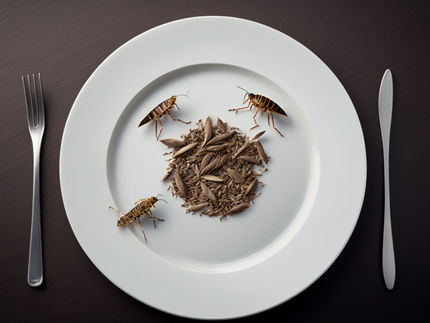‘Use by’ or ‘best before’?
New tool to support food operators
Advertisement
EFSA has developed a tool to help food business operators decide when to apply the ‘use by’ or ‘best before’ date to their products.

EFSA
The ‘use by’ date on food is about safety – foods can be eaten until this date but not after, even if they look and smell fine. ‘Best before’ refers to quality – the food will be safe to eat after this date but may not be at its best. For example, its flavour and texture might not be as good.
The European Commission estimates that up to 10% of the 88 million tonnes of food waste generated annually in the EU is linked to date marking on food products.
Kostas Koutsoumanis, chair of EFSA’s Panel on Biological Hazards, said: “Clear and correct information on packaging and a better understanding and use of date marking on food by all actors can help reduce food waste in the EU, while continuing to ensure food safety. This scientific opinion represents a step forward in this direction.”
The tool is structured as a decision tree with a series of questions to be answered by the food business operators to help them decide whether a ‘use by’ or ‘best before’ date is required. Questions range from whether date marking requirements for a food category are already regulated by legislation, whether a product undergoes any treatment to eliminate hazards, whether it is handled again before packaging, its characteristics and storage conditions.
Experts also reviewed the factors that need to be considered by food business operators to set a shelf-life date – the period of time during which a food will remain safe and/or of a suitable quality for consumption while the packaging is intact and it is stored as instructed.
EFSA’s Panel on Biological Hazards will publish another opinion on this topic in 2021. It will focus on the information given to consumers on storage conditions, time limits for consumption after opening and thawing practices.
Other news from the department business & finance
Most read news
More news from our other portals
See the theme worlds for related content
Topic world Food safety
Food safety is at the heart of the food and beverage industry. It ensures that the food we eat every day is not only nutritious, but also free of harmful contaminants. From field to plate, the industry monitors and regulates every step of the process with strict quality controls, advanced testing methods and continuous research.

Topic world Food safety
Food safety is at the heart of the food and beverage industry. It ensures that the food we eat every day is not only nutritious, but also free of harmful contaminants. From field to plate, the industry monitors and regulates every step of the process with strict quality controls, advanced testing methods and continuous research.


























































